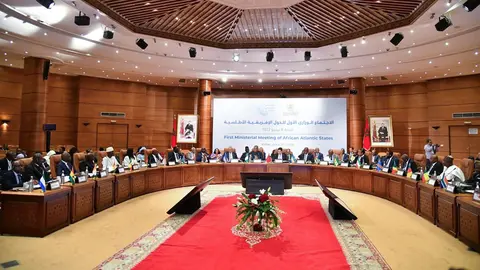Mauritania warns the world of growing terrorism in the Sahel region
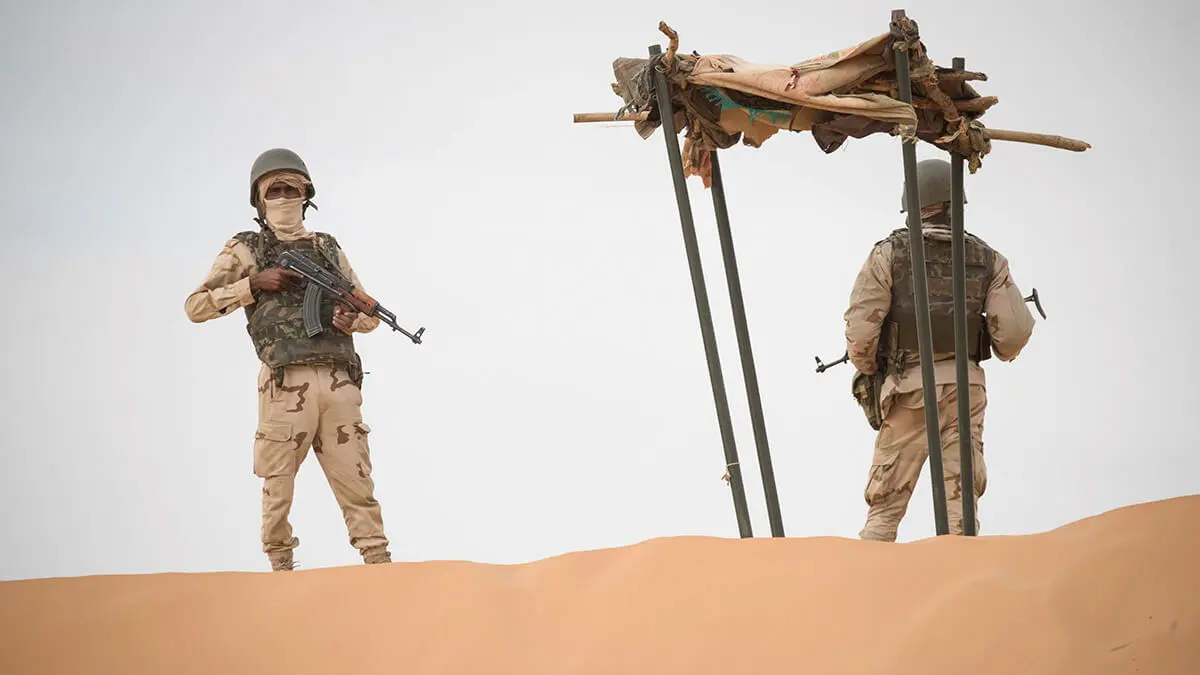
The Sahel region is today one of the world's main epicentres of organised crime. The area south of the Sahara desert - the largest in the world - has been and continues to be the main point of action for all kinds of criminal and terrorist organisations.
From al-Qaeda to the Afrika Corps, the increase in violence has led to the forced migration of tens of thousands of people, with all the dangers that this entails, such as trafficking in people, arms and drugs, and the passage of hundreds of terrorists to North African and European countries.

A global terrorist hotspot
The Mauritanian Interior Ministry has warned that the situation is at a critical point. Such is the situation that, according to the latest data published by the Global Terrorism Index, 43% of deaths resulting from terrorist acts in the last year have occurred on Sahelian territory; and 1 in 3 deaths since 2020 have also been recorded in this region.
💥 Very complete animation showing the frequency, magnitude and distribution of violent attacks in the #Sahel over the last 12 years.
— Néstor Siurana (@nestorsiurana) October 4, 2024
❌ Violence multiplies x2 in the period 2020-2024. Mali, Burkina Faso, Nigeria, Niger and Chad, the hardest hit. pic.twitter.com/cKAwwO2L5A
Mohamed Ahmed Ould Lemine, Mauritania's interior minister, explained that the region's political fragility and the continuation of armed conflicts are the main reasons why crime and the influx of migrants are on the rise.
‘Hundreds of thousands of displaced Malians are welcomed harmoniously in Mauritania, but the need to take preventive measures to avoid the passage of organisations to our borders is becoming more and more imminent,’ said the interior minister. Despite the urgency of the measures, the current protocols have achieved a remarkable milestone: no attack on Mauritanian territory since 2011.
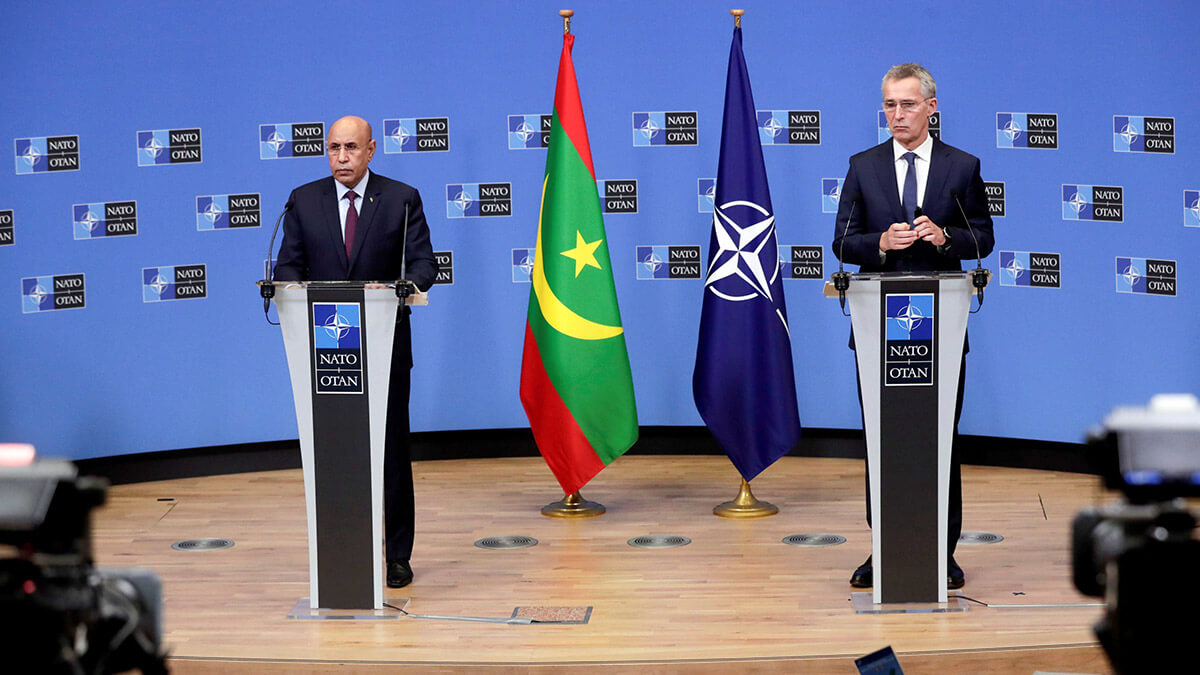
With the official departure of French troops and Russian interference, power struggles are another major part of the problem. ‘The Sahel countries are witnesses to this’ is the most repeated slogan among the leaders of the countries in the region.
On the political level, these events, which were magnified after the start of Russia's invasion of Ukraine in February 2022, have led to coups d'état in countries such as Niger and Burkina Faso. Since 2020, there have been 11 coups d'état in the eight Sahel countries, many of them successful.
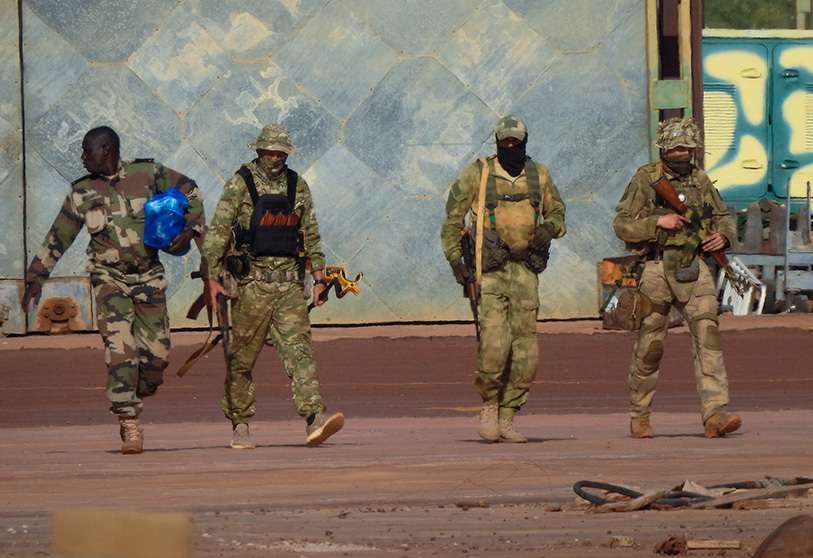
The displacement of violence to this region by terrorist militias such as al-Qaeda, originating in Iraq and Syria, or the Africa Corps, originating in Russia, to the westernmost regions of the African continent is no coincidence.
Many factors come into play in these disputes. Strategic locations, access to the Atlantic Ocean, valuable mineral resources such as gold, uranium and oil are just some of the key factors that are making the Sahel region ‘the world's biggest battlefield’. As a result, corruption and political incapacity are leading to a reorganisation of the complex Sahel region.
Chinese investment
On the economic front, China is seeking to develop the region by building strong relations with the BRICS (Brazil, Russia, India, China and South Africa). More than 50.7 billion dollars is what the Asian giant will invest in Africa by 2027, as confirmed by Chinese President Xi Jinping during the China-Africa Forum, held on 4, 5 and 6 September in Beijing, China.
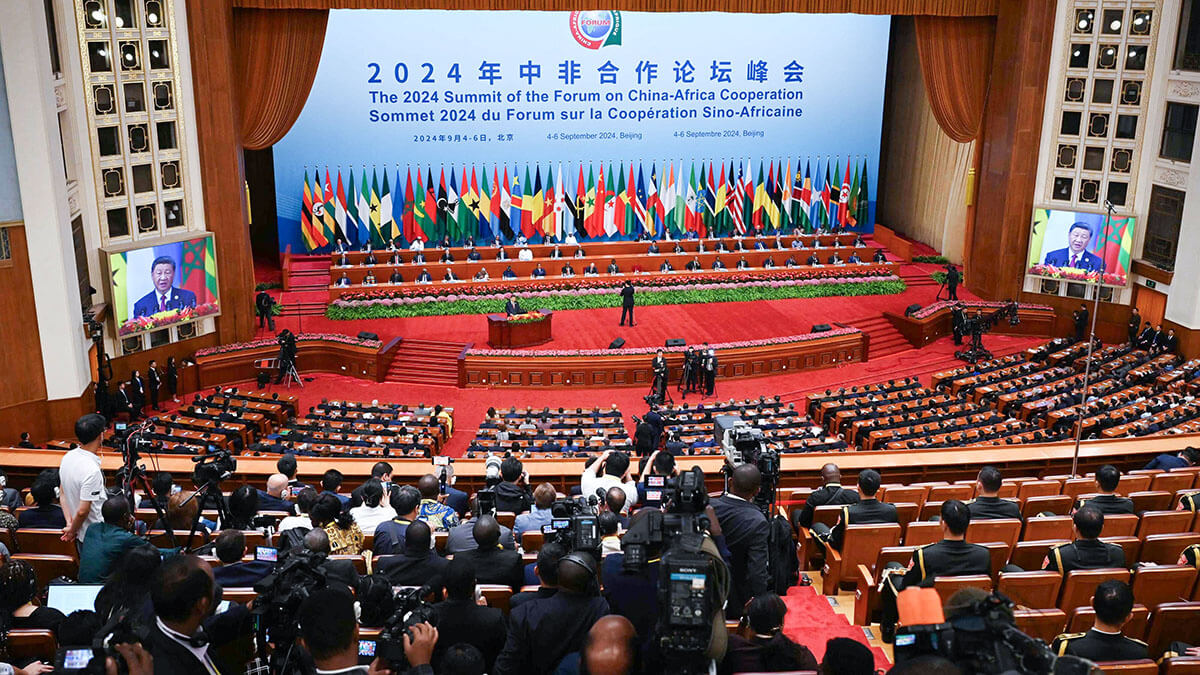
However, since the creation in July of the Confederation of Sahel countries in Niger's capital Niamey, collaboration between Niger itself, Mali and Burkina Faso has been strengthened in what they consider ‘a joint fight’.
Aware of the importance of terrorism in their country and the international consequences it can have, in several meetings with NATO members, the heads of government of the Confederation proposed measures and protocols to be followed to reverse a situation that is worsening with the passage of time.
At the same time, the Union of Sahel States is in constant dialogue on the capacities of each member to address the migration and security issues plaguing the region and to move towards new strategic partnerships that favour African interests.

